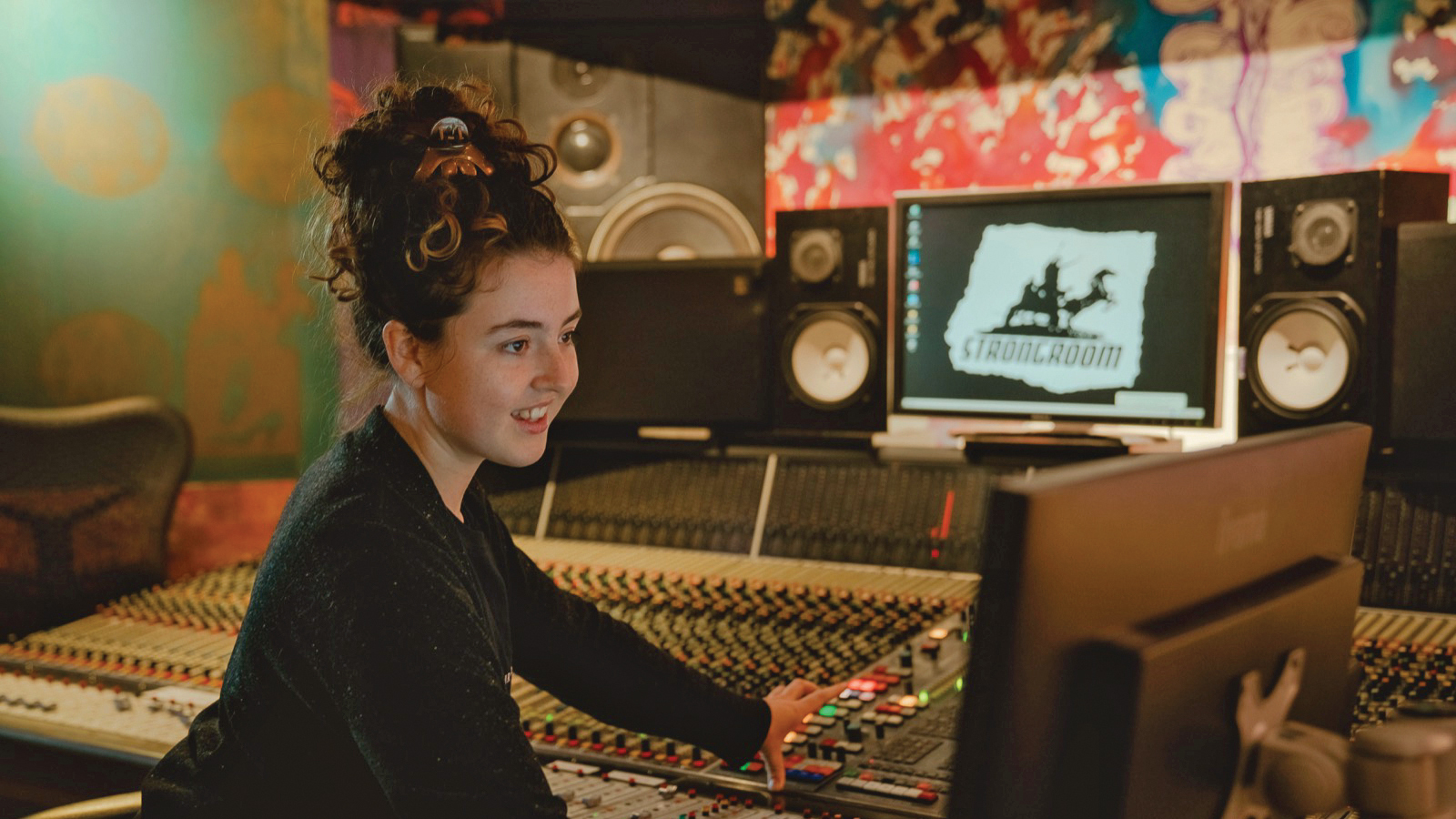
“I didn’t know that it was something that you could do – I didn’t discover my pathway to it until I got to college” explains engineer and producer Jess Camilleri.
Nominated for the Rising Star accolade at the MPG awards earlier this year, Camilleri currently works as a freelance engineer and producer out of a range of studios, having previously been a full-time part of the Strongroom team and working to immaculately capture the likes of MIA, Rudimental and Kaiser Chiefs.
We caught up with Jess to learn more about how she found herself under the spotlight of acclaim in this highly competitive industry. “[When I was younger] I’d seen inside studios, but I grew up in the countryside, so I thought that it probably [wouldn’t] be accessible for me. At college, I chose Maths, Physics and Music as A-Levels and did Music Tech as my extra module.
“It was my Music Tech teacher that encouraged me to be a sound engineer. He showed me a course that required the skills that I was studying. It was the first time that I’d realised there was a pipeline into the studio world. It seemed really obvious to me to go and do that. It fell into my lap in a really nice way.”
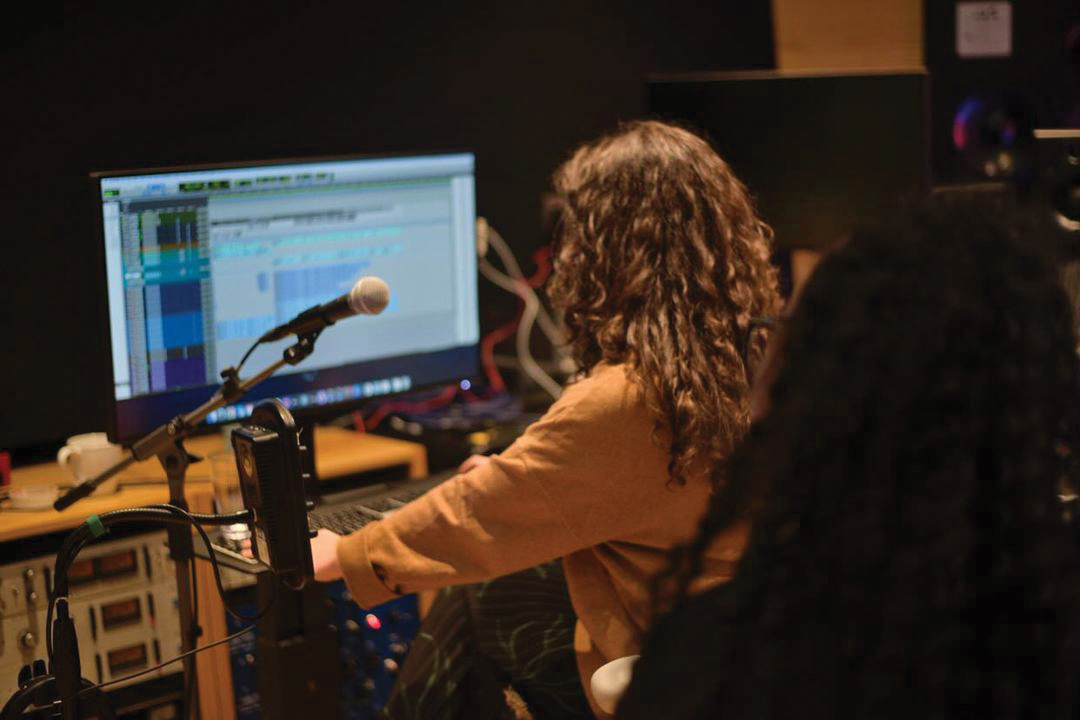
Jess first fell in love with music via a passion for singing, which developed even further when she began dabbling with GarageBand in secondary school. “I was just recording stuff using my laptop microphone. Eventually I got a proper mic, and realised I couldn’t get that to work without phantom power – learning what that was, and eventually leading to me recording myself to a decent standard, and uploading stuff – mainly covers – to SoundCloud.
“I could never find a reverb that I liked, so I ended up putting everything out dry. It took someone to tell me that there was more to life than the stock Logic plugins. I realised there was a whole world of plugins and posh reverbs! I think that’s kind of how it started. It got me my chops in DAW production. Back in the day I was much better with Logic, but now I’m in Pro Tools.”
Perfect training
Camilleri ended up studying a prestigious Tonmeister course, from which she graduated in 2018. She reflects on how the institution allowed her greater access to high-end gear. “That course is amazing, they teach you so many different things about so many different fields of audio. I think I was quite stubborn, and pushed to work more in studios.
“I did loads of assisting in the uni studios. It’s really a micro-recording industry, you end up assisting older students and get assistants from years below you as you go up the course. That really prepared me for the actual recording industry. It’s very similar – you get invited back on sessions if you have a good vibe and you can patch things quickly and troubleshoot.”
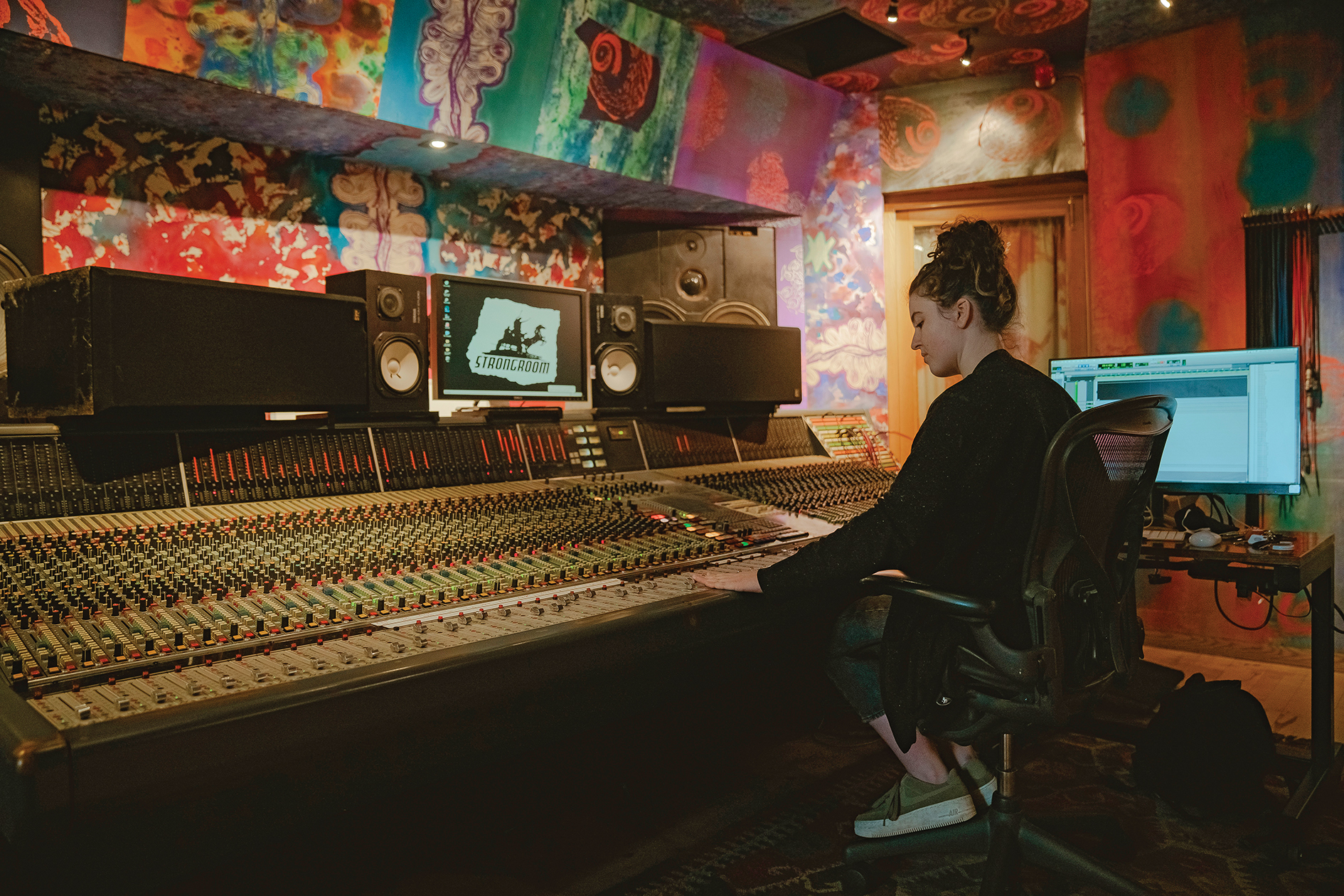
For Jess, the course gave her the opportunity to work and develop alongside similarly music production-focused students, “It’s a low-stakes environment but it doesn’t really feel like it, so you still feel that kind of pressure. You have to get used to it a bit so it’s not a shock when you get into a commercial studio.”
Straight after her graduation, Jess began emailing studios looking for a foothold. Before long, Shoreditch’s uber-cool Strongroom took her up on the offer: “Strongroom offered me an interview and trial as a runner. I was really lucky to find them and be so warmly accepted straight out of uni.”
MIA was actually my first engineering session!
Was working at a studio frequented by some of the world’s most successful and acclaimed artists a daunting prospect? “Well, MIA was actually my first engineering session!” Jess tells us. “It was accidental engineering. I’d been booked as an assistant, then at midnight when everyone had gone home, there was a mad panic. Someone said, ‘We need to record, now!’ I helped with that process.
“There was a lot of opportunity for that at Strongroom, because things would kind of turn from one thing into another, especially with artists who are quite energetic and quick with their ideas – it can quite quickly escalate.
“Jake Murray, who is Studio Manager and Director now was the Technical Manager at the time. He really prioritised making sure we knew more than we needed to, so it was quite nice and we all had that trust as soon as we started assisting. It wasn’t a crisis if more was needed from us – we’d been trained to deliver that. It’s an amazing place to work.”
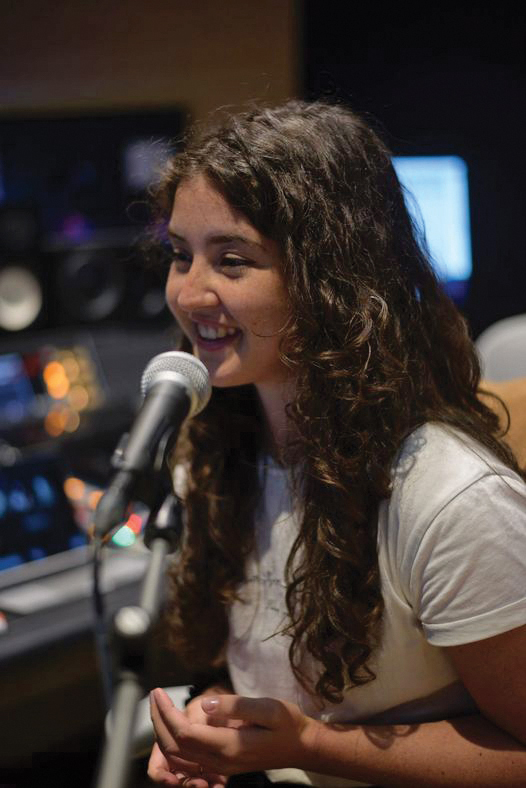
Following her time at Strongroom, Jess set up on her own as a freelance engineer and all-round studio wizard: “I’m currently freelance, so I still work in-between Strongroom and Platoon Studios in Tileyard. Occasionally, I’ll pick up sessions at Studio 13, which is on Latimer Road [and founded by Damon Albarn in 1999].
“They get me involved if there’s anything [Head Engineer] Ricky Damian can’t make work schedule-wise. Then, I do mixing and producing from home. Me and my partner met at uni and we both work in audio, so we’re lucky that we can share gear and go halves on things. We’ve managed to build up a little room.”
The open-minded approach
We wonder if Jess has any preset chains that she always calls up project-to-project, or whether each project is approached differently? “That definitely depends on the client,” Jess replies. “There are people who just want a nice valve mic into a Neve 1073 into a Tube Tech. If I get the sense that there’s a bit of time to experiment, then that’s my favourite thing about being in a new space somewhere working on a session.

“I’ve done a couple of sessions at Studio 13 with producers who are very open to asking questions like ‘what does that do?’, and let me experiment and find out. I’ve worked with people who’ve said things like, ‘I’m looking for this sound’, and I’d say, “OK, I haven’t used this, but I have a suspicion that if you used this item it might give you what you’re looking for.” It doesn’t happen too often, but that is my favourite thing ever. When you’re working with someone who’s just up for experimentation, it’s such an exciting prospect.”
“It’s good to get things at source, and make the track sound like it will be on the record in the room as much as possible,” says Jess. “The artist gets more excited about it, and I think you end up with a better product if people can see where things are going. That’s especially true of singers. If they’re a bit nervous at the start of the process, but hear themselves back sounding good they might get more confidence.”
I think I interact with hardware differently than I do with emulations
We ask Jess if she feels that software emulations match up to the real thing in her view? “I don’t know if I’ve done enough direct A/B-ing to say either way,” she says. “I think I interact with hardware differently than I do with emulations. I think that probably has more of an impact on the final sound I end up with than whether the emulation is a ‘perfect’ emulation.
Camilleri tells us that when she’s mixing, she uses very little hardware: “When I do, I print it just to be able to recall it. My partner is a good mastering engineer, he’s got a Rupert Neve MBP in our rack that often will be patched over my mix bus. I’ll dial in the settings, take a photo and leave that in my mix folder. I don’t really want to recall more than that just because it’s more to organise.
“I’ve bought a little Watkins Copicat from a friend and I like to run things through that – not even for the echo but just to use the tape. I’ll always find the sound I’m after and just commit to it. I don’t have to worry about ‘is the tape loop going to degrade between mix revisions’. It’s quite impractical after a point.”
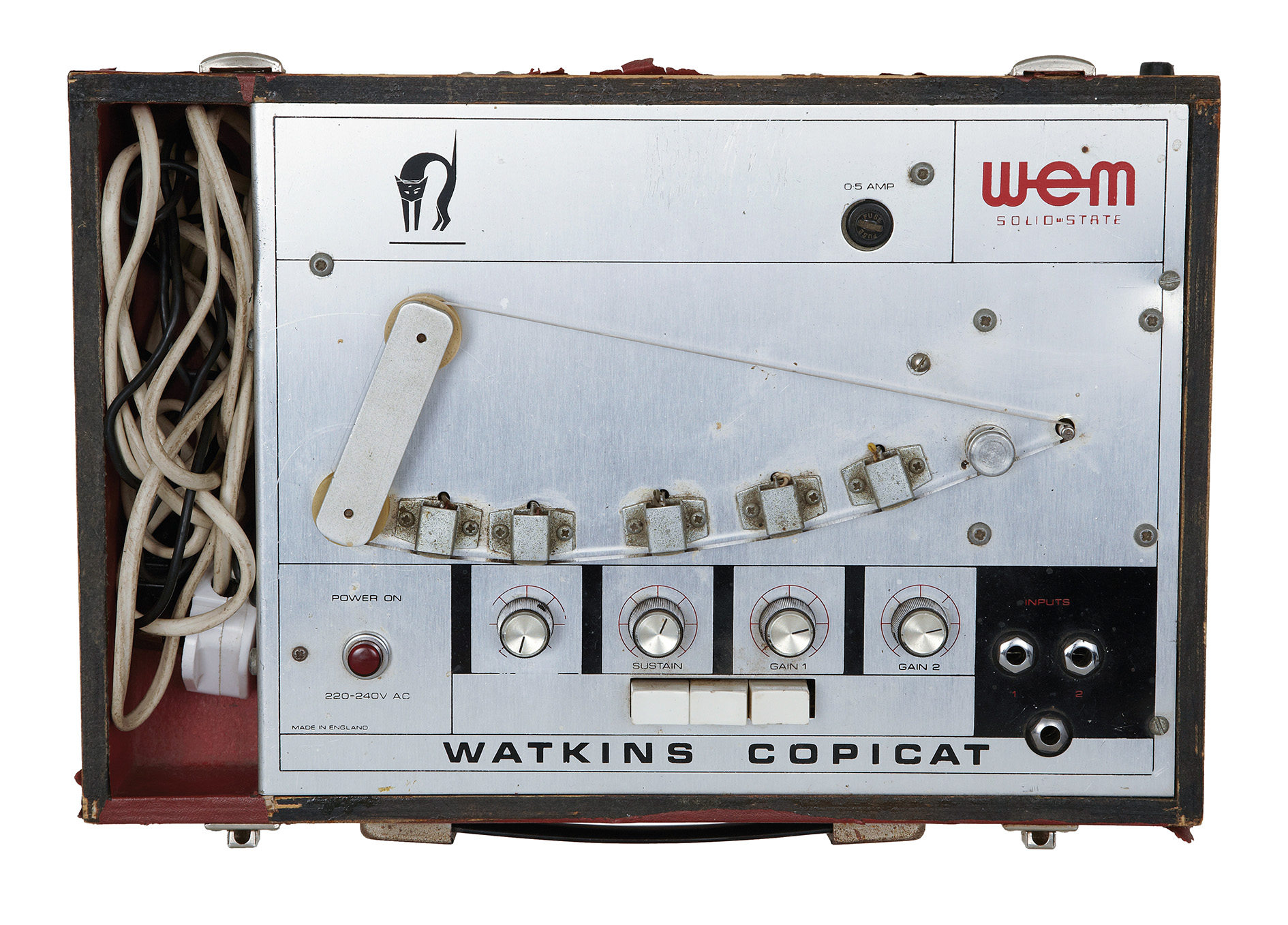
Jess cites the unpredictability of old-school hardware as something that means she’ll typically go for that over a software emulation, if she can. “If I’m looking for that sound – then I’d prefer to get that sound rather than use a plugin. I just don’t necessarily know what something is going to give me and I find that really exciting. I’m currently mixing a project for a friend, one of the tracks has a string quartet – he’d put in his reference mix, to add a ‘vinyl crackle’ over it. I thought ‘Let’s do this properly’.
“I asked Jake at Strongroom if he had anything there we could use. There was a tape machine that he invited me to use. It hadn’t been switched on in ten years, and added the exact crackle – it couldn’t have been more what I wanted. It just gives us a sound that’s either a hard yes or a hard no, and it sounded amazing, really wonky and quite obviously broken. For what I wanted, it gave us exactly what we needed.”
There’s always going to be people who want me to add the last 5% of their clear vision
Putting the puzzle together
Jess tells us that she loves being able to be creative on a project, but that’s not always the case: “There’s always going to be people who want me to add the last 5% of their clear vision. That can be fun, too; it’s almost like a puzzle, getting everything into place. There’s a different part of my brain that finds that really satisfying.
“If I feel like there’s space for more input beyond that, I’ll ask. Sometimes I’ll send two versions – one of which is a straight mix, the other includes some space for some of ‘this’ or some of ‘that’. I’ll sometimes volunteer in that way. Sometimes it’s not appropriate to do that. It all depends, really.”
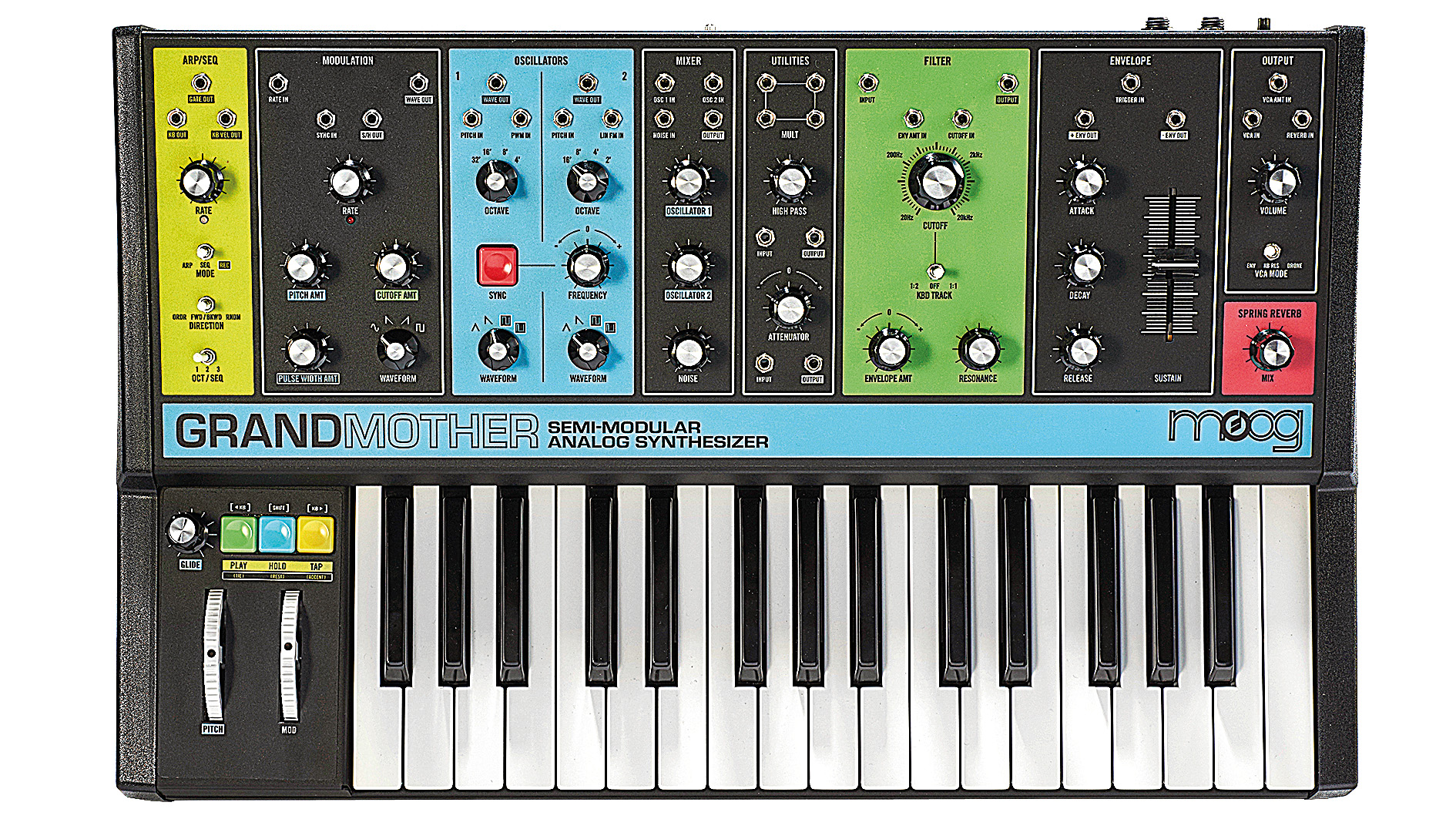
With a portfolio showcasing engineering work for a diverse array of artists, spanning pop/hip-hop (MIA), indie rock (Kaiser Chiefs) to disco (All Day Breakfast Cafe) and jazz (Dat Brass), we ask Jess if her mindset (and gear choices) ever changes? “I think that’s again just the fact that different acts in different genres of music will have different ways of making music,” she replies. “They have a different tolerance for my bullshit. I’ve known All Day Breakfast Cafe for years, and we’ve made two EPs together.
“The first one we knocked out in a day, and there was quite a lot of tequila involved, it was an absolute riot – we were all exhausted the next day. But, they’re always going to be up for doing something weird or changing a plan. In those cases, anything that’s in the studio is a tool that I might reach for. With the MIA session, I was very much facilitating what they needed.”
When time is of the essence, I reach for familiar things
Jess continues: “It was a similar story with the Kaiser Chiefs. When we were doing the vocals for that, Ricky Wilson didn’t really have a huge amount of time, so it was just very quick – recall the set-up and just go, go, go! I think when time is of the essence, I reach for familiar things and established, tried-and-true things that people have used for years and years. I think my toolset is a lot more varied in the more indie projects where there’s more space for things to turn out not quite how we expected them to.”
With that being said, we ask what project Jess would cite as the one she’s most proud of? “It’s always impossible, because it’s always the things that aren’t out yet. I’ve been working with a phenomenal vocalist called Eliza Oakes, who has a single called Heaven in Your Eyes, which we worked on. It was produced by Chris Hyson from Snowpoet, and was a really fun mix. I was using the Copicat quite a lot. I have a Moog Grandmother and all the drum reverbs are the spring tank in that.
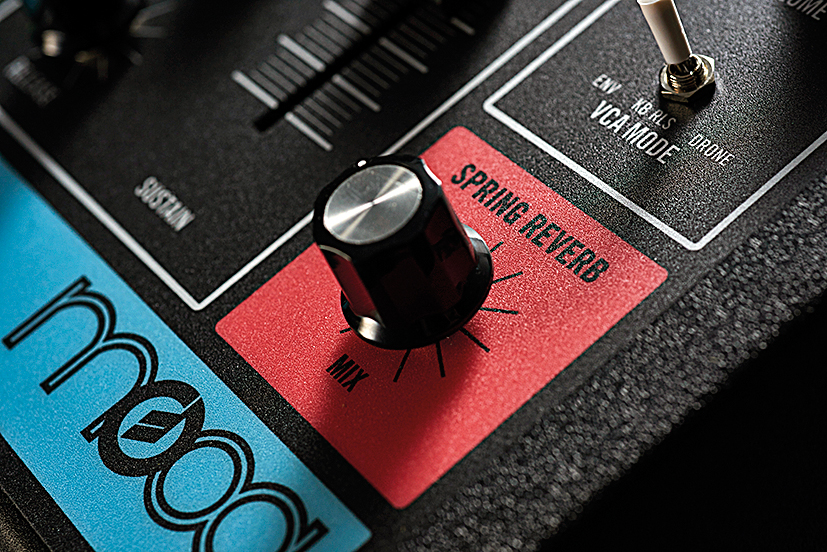
To sit in a room with people who are at the top of their game, to hear them talk about other people’s work, that was very inspiring
“It was a very silly day. Sometimes when I’m working it’s like I’m having a little party on my own, I’ve got cables running everywhere. I’m so proud of that work with Eliza. We’ve worked on a few more tracks for her EP [released July 23rd] at Platoon. There’s one song in particular called Green Light, and there’s no weak links in that song at all – it’s produced perfectly by Lorenz Okello-Osengor. We had a money-is-no-object access to microphones and the most amazing drums and instruments.
“My partner, Chris, mastered it. We went through a couple of revisions to try and get like the right amount of ‘squish’. The first version he sent was really ‘tasteful’. So, I asked him to be less tasteful. That project has yet to come out, but I’m really proud of it. I think to have the creative process not be compromised at all is huge for us. As an indie artist, you’re always compromising one thing or another, so to be able to offer her the opposite of that was nice.”
In the spotlight
Earlier this year, Jess was nominated in the category of Rising Star at the MPG awards. Though the award ultimately went to Amy Sergeant, we ask Jess how it felt to be nominated by her peers: “Oh it was huge! I really wasn’t expecting it, actually. It was really heartwarming, a lot of the projects I’d completed that year had been things I’d worked on with friends of mine, really putting their heart and soul in and investing themselves into making music. I appreciate the recognition hugely, but I think I appreciate the recognition for them [the artists] as well. There are surreal studio moments, but the MPGs was one of the most surreal nights of my life!”
Jess had previously been on the judging panel, a process that she found inspiring, “To sit in a room with people who are at the top of their game, to hear them talk about other people’s work, that was very inspiring. The fact that we have that in our industry is a blessing.”
As our time with Jess nears its end, we ask her – now having seemingly got a real foothold in the industry – what advice she’d give to anyone looking to have a similar career? “Emails,” she quickly replies. “It’s always hard because I think there are so many different routes into the industry. I think mine was quite traditional. I studied it and then I was a runner, then an assistant.
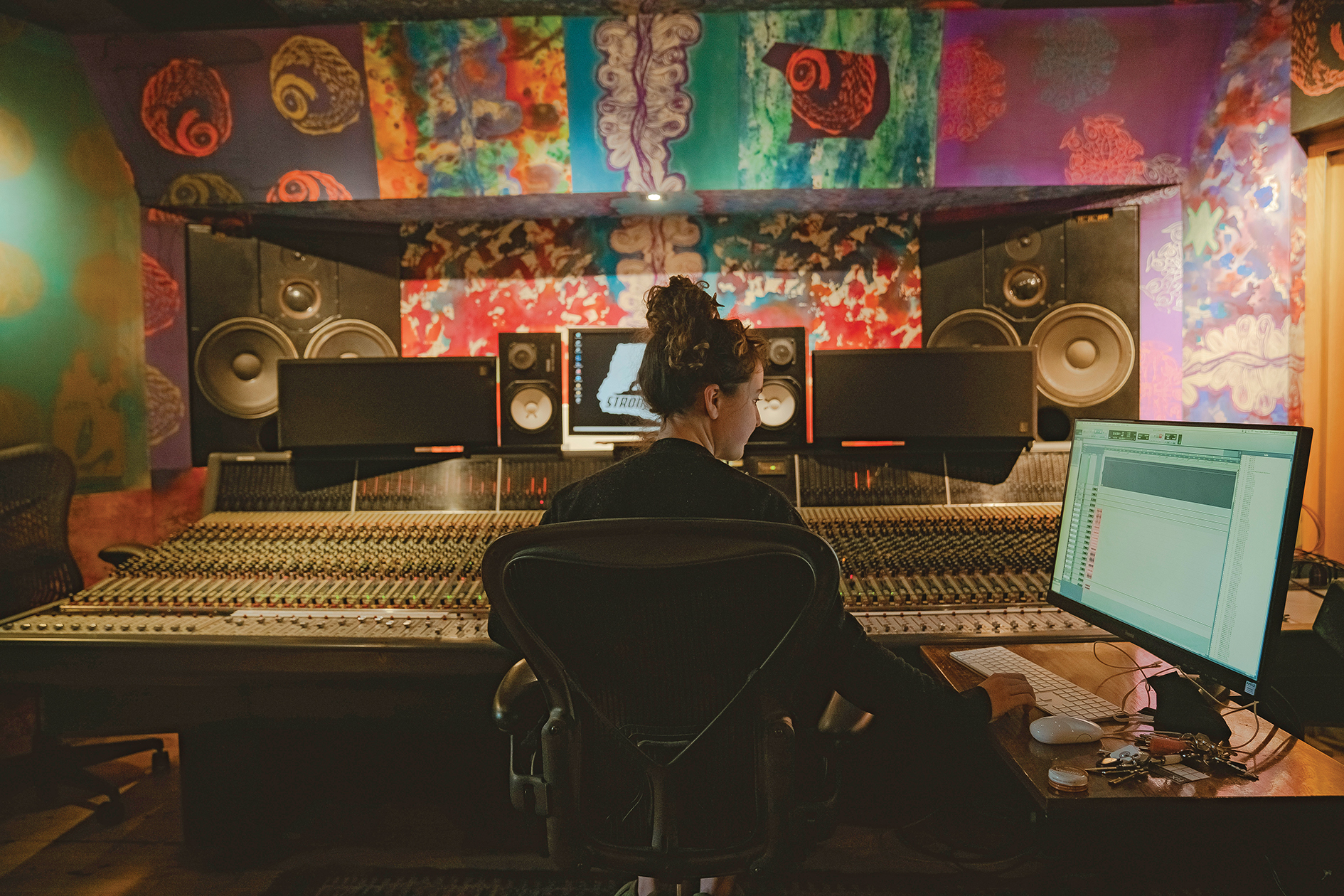
“I think the more staying power you can have, the more you can keep at it. The first relationship with a studio you have isn’t necessarily the one you end up in. I think most of the people that I know who have been really successful have just stayed. It’s hard because there’s so many reasons why you wouldn’t.”
“I think the crucial thing is you have to love it,” Jess continues. “There’s so many challenges, and it’s such a challenging industry. If you don’t love it you might as well try for something that pays a bit better, or is a bit more stable. I actually still feel like I’m getting my foothold; I think it’s a long-term thing. I’ve been here for five years, and I’m very happy with where I am. At the same time, I’m definitely not there – I’m not stable. I think that’s just the nature of it. It sounds like most of us, especially at the moment.”
It’s not as simple to make music as it seems like it once was
Jess cites the current issues affecting the whole of the music industry as being a deterrent to many aspirational musicians and producers: “How music makes money is fundamentally different. Touring is now a lot harder since Brexit. Just the cost of everything involved – fuel and travel and paperwork; I’ve seen people having to do more and more with fewer resources. I’ve been able to see artists who have the mindset of ‘I don’t care what it takes, I will get this record made’.
“But I think there’s a lot of artists who are frustrated with the industry’s current state. It’s not as simple to make music as it seems like it once was. I think that’s kind of the same across the industry – we have a lot to navigate and a lot of trade-offs to make.”
As we speak to Jess, summer is about to arrive, and with it, artists arriving for festival season. “Summer is usually quite an intense time,” she says. “People travel over for festivals so you get a lot of artists booking last-minute studio time. It can be quite fun but hectic to be on-call. You’re not sure what you’re going to be doing week-on-week. I did a session last year where I got a call at 7pm, was at the studio by 8pm and then got home at midday the next day.
“It was the best session of my life, though, it was so incredible from start to finish. I’m always open to those last-minute things. They’re tiring but they can be potentially magic.”







